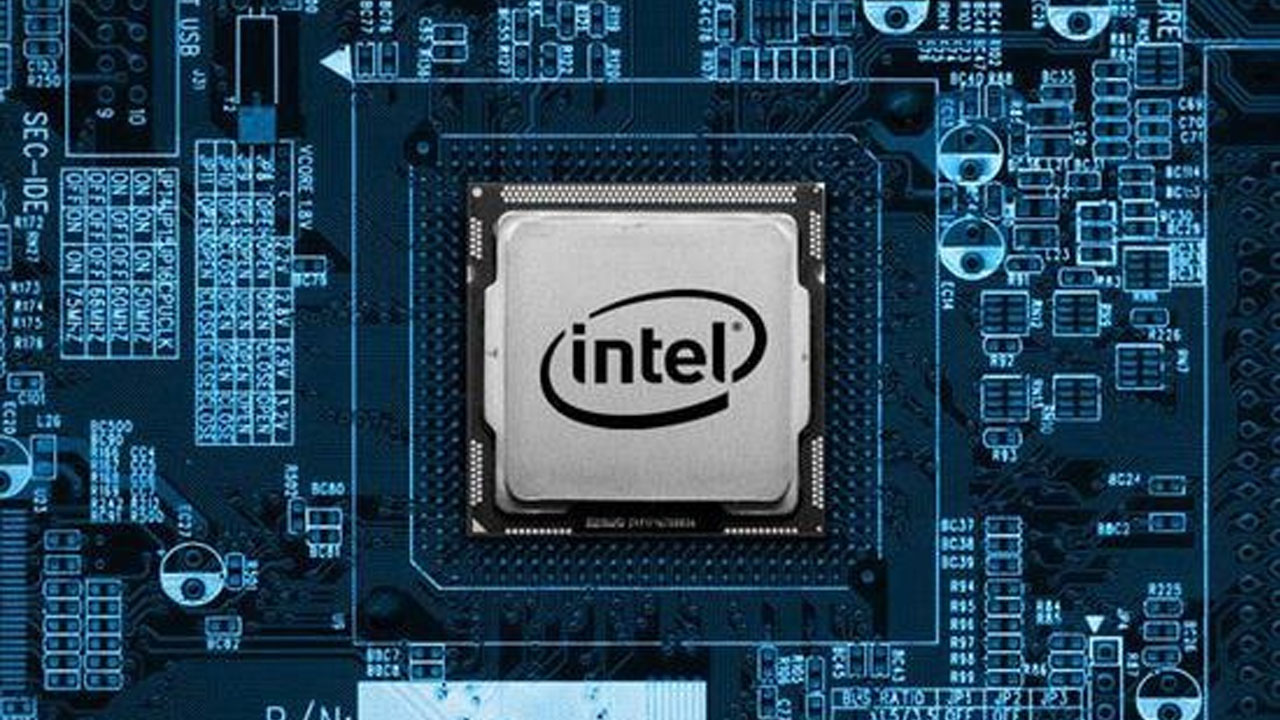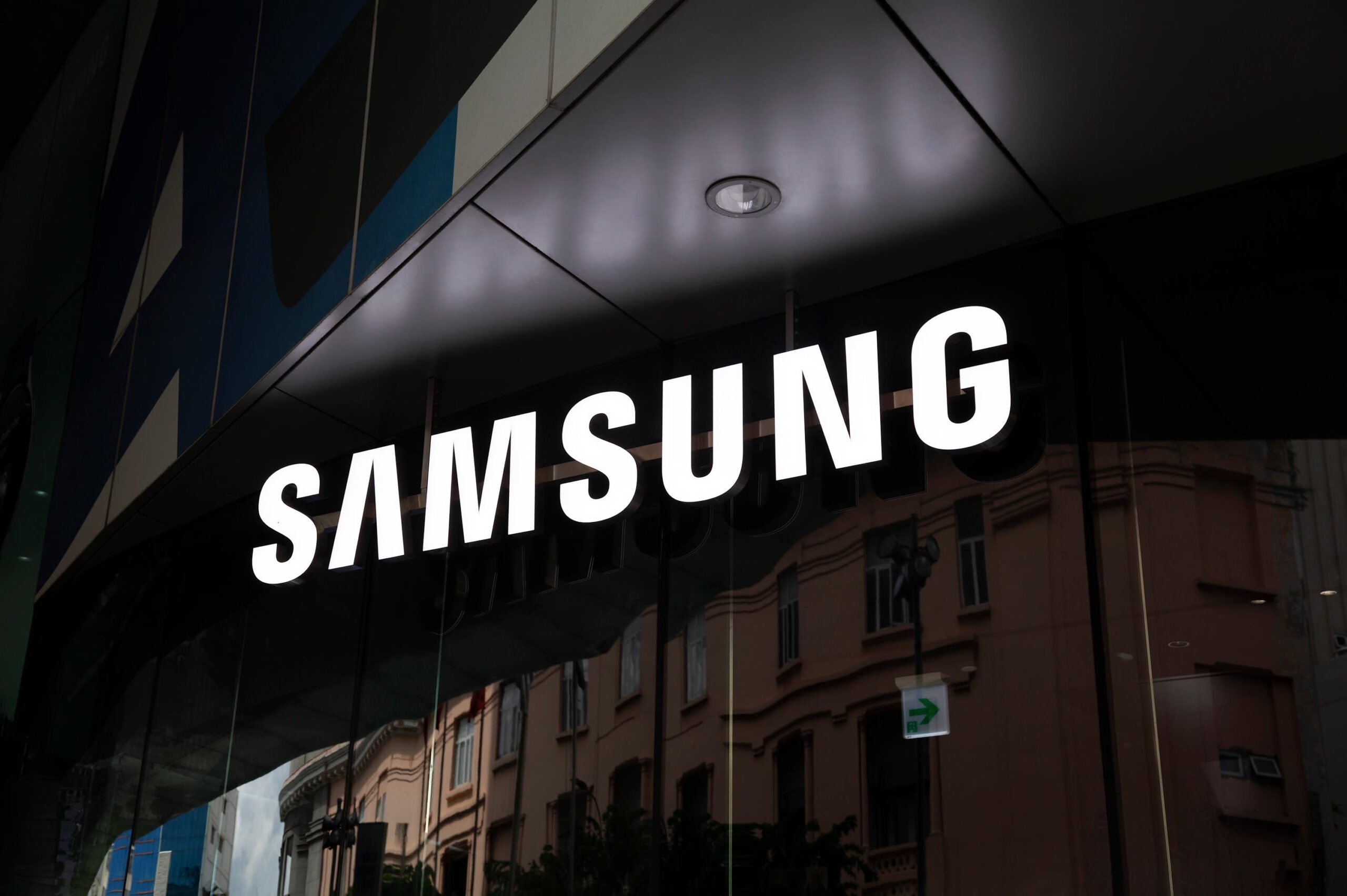Intel announced on Monday that it will increase the production of new data center chips in the first quarter, and a new generation of chip manufacturing technology will also contribute important production capacity to it this year.
Intel is the world’s largest manufacturer of PCs and data center server CPUs, but the company’s current 10-nanometer semiconductor manufacturing process and next-generation 7-nanometer manufacturing process production capacity have been slow to climb. Competitor AMD has also been able to seize market share.
Intel also faces threats from activist investors: Private equity fund Third Point is forcing the company to re-evaluate its manufacturing strategy. Intel plans to announce on the January 21 conference call whether the company plans to outsource part of its product manufacturing operations in 2023.

Ont the other side, Intel also announced on Monday that the company’s Ice Lake 10nm server chips will begin to climb this quarter, but they have not disclosed specific output. The company also stated that it will launch 50 new processor designs for PCs this year, 30 of which will use the new 10-nanometer technology.
Generally, Intel supposes 10nm chip production capacity to exceed the previous generation 14nm chips at some point this year. The company also detailed on Monday the lidar sensor chip being developed by its Mobileye unmanned driving subsidiary, which can help cars obtain 3D road conditions.
Mobile vice president Jack Weast said that this lidar chip will be produced at an Intel factory in New Mexico and will integrate active and passive components into a single chip, which is impossible outside the chip factory Achieved.
‘This solves the contradictory demands of both better chips and lowers costs’.’ West said, who also served as Intel’s senior chief engineer.

(Via)












